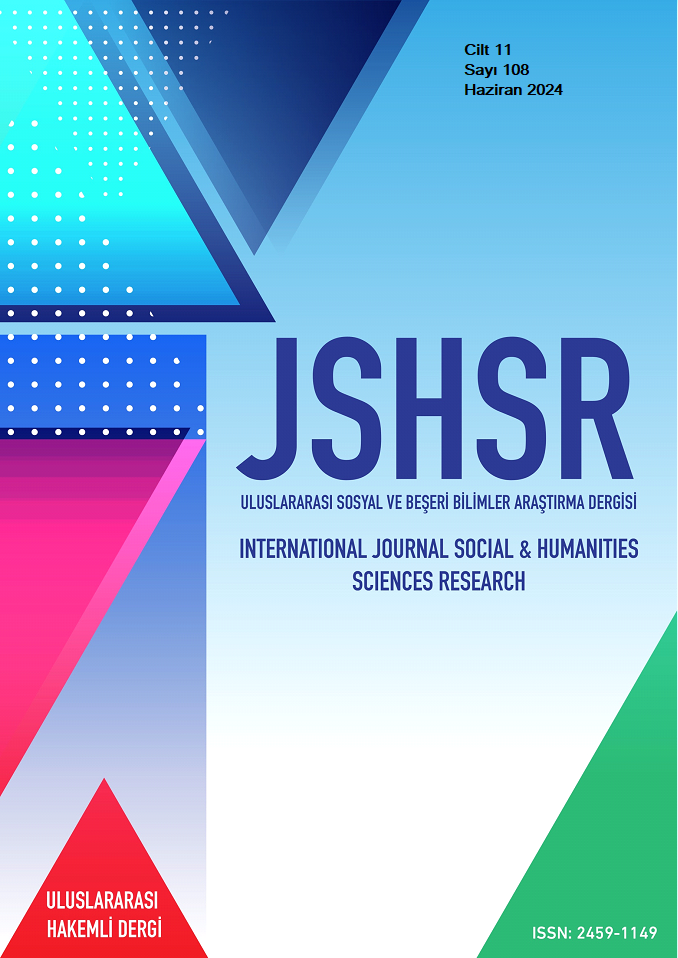History of Foreign Partnership in the Development of Islamic Education in Ghana (1980s & 1990s)
DOI:
https://doi.org/10.5281/zenodo.12638845Keywords:
Islamic Education, Structural Adjustment Program, Development Partners, Economic Recovery Program, GhanaAbstract
In the 1980s and 1990s, Muslim NGOs especially those of Muslim women, sprang up focusing on the development of Islamic education in Ghana. Although there has been enough literature on the development of Islamic education, much is left out on the historical factors that motivated the establishment of these NGOs. This paper seeks to fill this void and argues that the NGOs did not develop out of nothing. Their formation was motivated by the influx of international partners in both economic and educational developments in Ghana. Thus, although internal factors were very important in generating progress in education, international relations that connected to domestic policies were equally important.
References
Baldwin, D, A. (2020). Economic Statecraft. New Jersey: Princeton University Press.
Casely-Hayford, L., Palmer, R., Ayamdoo, C., & Thompson, N. M. (2007). Aid and donor partnerships in Ghana's education sector, 1987-2007: a critical review of the literature and progress. University of Cambridge, Faculty of Education, Research Consortium on Educational Outcomes and Poverty (RECOUP). https://nbn-resolving.org/ urn:nbn:de:0168-ssoar-69597
Kobo, O. M. (2016). Islamic Institutions of Higher Learning in Ghana: The Case of the Islamic University College. In Muslim Institutions of Higher Education in Postcolonial Africa (pp.179-191). New York: Palgrave Macmillan US. https://link.springer.com/chapter/10.1057/9781137552310_11
Sutherland-Addy, E. (2002). Impact assessment study of the girls’ education programme in Ghana. UNICEF Ghana. 75-76.
Sulemanu, N, F. (2018). Education as a Tool for Sustainable Development: The Role of Muslim NGOs in Ghana. In Batsa GO, Gatti N & Ammah RD (eds), Religion and Sustainable Development: Ghanaian Perspectives. Citta del Vaticano: Ubarniana University Press, (243-258).
Nyarkoh, E. & Intsiful, E. (2018). An Assessment of the Impact of International Aid on Basic Education in Ghana. American Journal of Educational Research. 6, 43-49.
Odutayo, A. (2020). Conditional Development: Ghana Crippled by Structural Adjustment Programmes.
Ammah, R. (2013). Islam, Gender, and Leadership in Ghana. Cross Currents, 63 (2), 227–257.
Terry, S. (2019). International Monetary Fund Structural Adjustment Policy and Loan Conditionality in Ghana: Economic, Cultural, and Political Impacts. (Unpublished Senior Theses). UVM Honors College Senior Theses. 319. https://scholarworks.uvm.edu/hcoltheses/319
Weiss, H. (2007). The Expansion of Muslim NGOs in Ghana. Isim Review, 20(1), 12-13.
Downloads
Published
How to Cite
Issue
Section
License
Copyright (c) 2024 INTERNATIONAL JOURNAL OF SOCIAL HUMANITIES SCIENCES RESEARCH

This work is licensed under a Creative Commons Attribution 4.0 International License.


